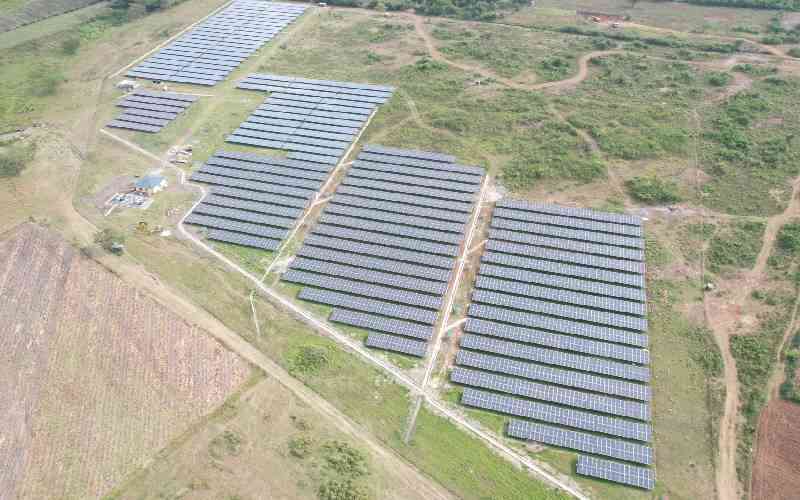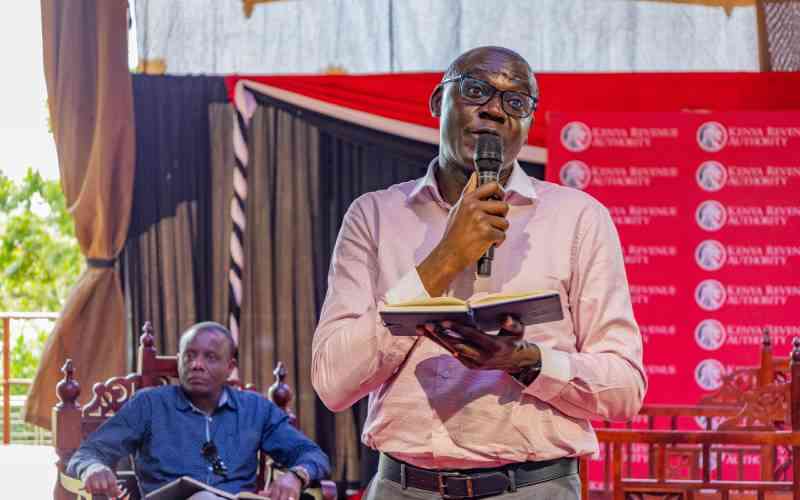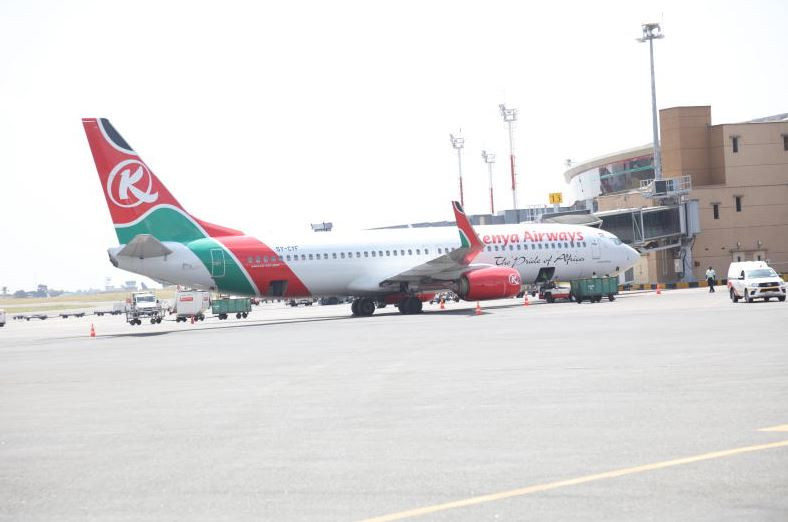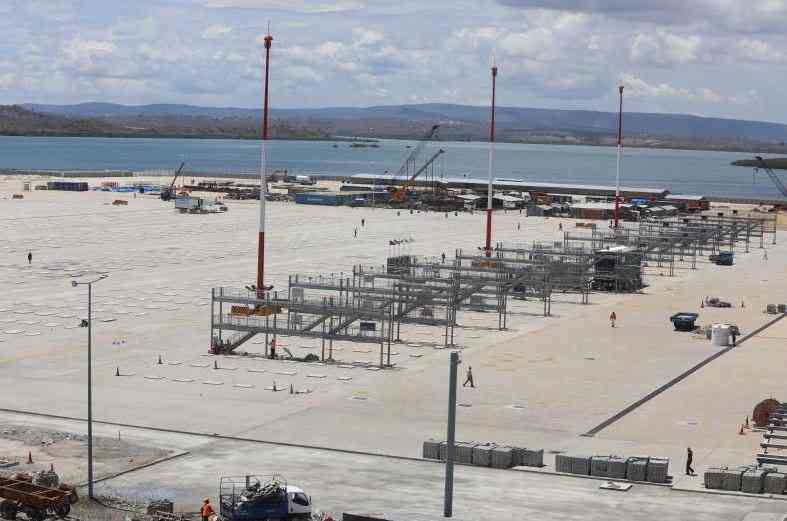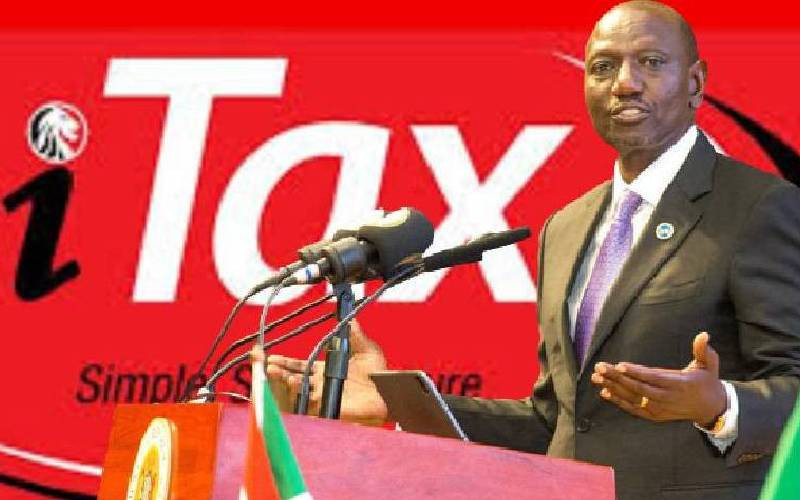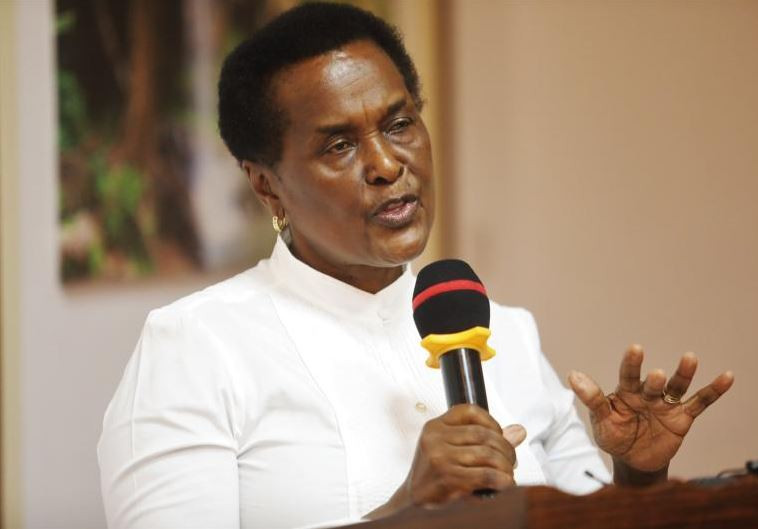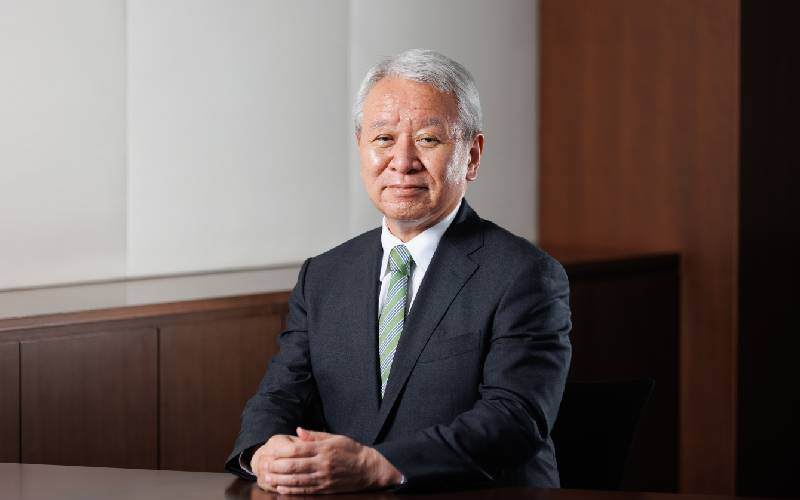
Japan's international aid agency said Thursday it will cancel a friendship exchange programme with African nations after false beliefs spread that it would open the door to waves of migrants.
The Japan International Cooperation Agency said it would scrap the "JICA Africa Hometown" initiative, which was designed to foster cultural and social exchanges between four African countries and as many regional Japanese cities.
But the announcement triggered a flood of emails and phone calls to the participating cities from anxious people who believed the programme was a new immigration policy.
Local officials became so overwhelmed by the backlash that they struggled to carry out regular municipal operations.
"The project caused misunderstandings and confusion," JICA President Akihiko Tanaka told a press conference.
"The Africa Hometown initiative will be withdrawn," he said.
The cancellation came amid rising anti-immigration sentiment in Japan, despite the country maintaining one of the strictest immigration policies in the developed world.
The JICA initiative was announced as part of a major Africa development conference that Japan hosted in August.
It aimed to provide job training and cultural exchanges, and did not include immigration pathways or special visa arrangements.
But the announcement sparked false claims -- particularly online -- that African migrants would flood the participating cities: Kisarazu, Sanjo, Imabari and Nagai.
The anxiety was also fuelled by a mistaken announcement by the Nigerian government, which said Japan would "create a special visa category", as well as some media reports and social media posts claiming the programme was designed to facilitate immigration to Japan.
The Japanese government, the participating cities and mainstream media have repeatedly denied the claims. But despite the denials, the cities continued to receive thousands of critical messages.
Japanese politicians have acknowledged that the country with a shrinking population needs young foreign workers to power its economy, but remain cautious about permanent immigration itself.
Foreigners make up just three percent of Japan's workforce, but the "Japanese first" Sanseito party did well in upper house elections, with its calls for "stricter rules and limits" on immigration.
Tanaka said JICA would continue to offer international exchange programmes, including those with Africa, and stressed the agency does not deal with immigration issues.
Stay informed. Subscribe to our newsletter
